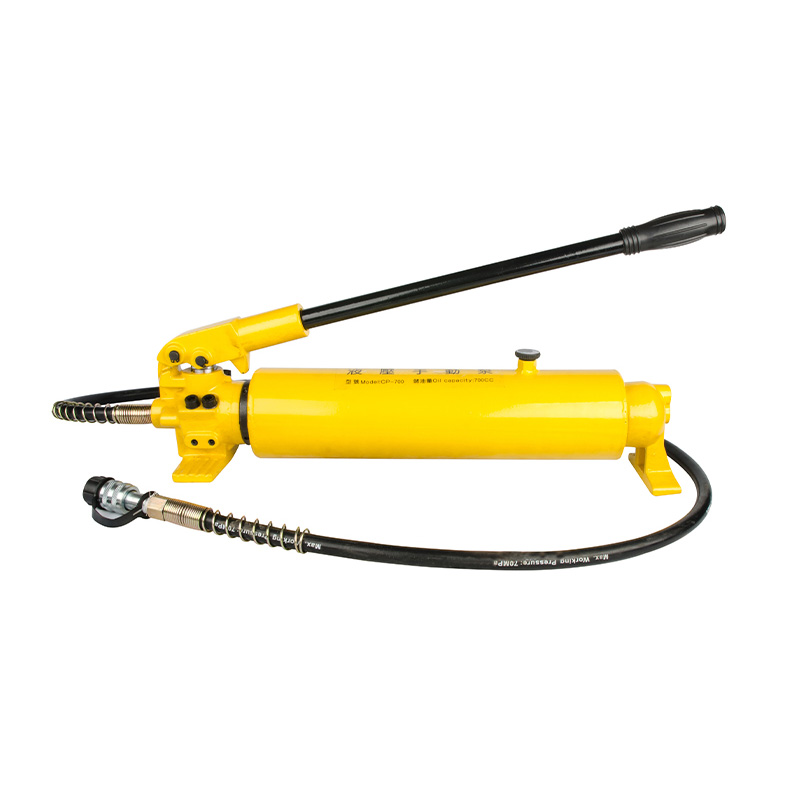



Hydraulic pumps play a critical role in industrial systems, powering machinery, lifting equipment, and enabling precise control of fluid systems. As energy consumption becomes a growing concern for industries, hydraulic pump factories are exploring ways to improve energy efficiency in both the design and production of pumps.
Advanced Pump Design
One of the key ways a Hydraulic Pump Factory improves energy efficiency is through advanced pump design. Engineers focus on reducing internal friction and optimizing fluid flow, which minimizes energy loss during operation. By refining the shape of components and selecting appropriate materials, factories can produce pumps that require less power to deliver the same output. These design improvements not only lower electricity consumption but also reduce heat generation, enhancing the overall durability of the pump.
Use of High-Quality Materials
Material selection plays a significant role in energy-efficient hydraulic pumps. Factories often use precision-machined metals and high-grade seals to reduce wear and leakage. Lower internal leakage ensures that more of the input energy is converted into usable hydraulic power. Additionally, durable materials decrease the need for frequent maintenance and replacements, which indirectly saves energy and reduces environmental impact over the pump's lifespan.
Integration of Variable Displacement Technology
Variable displacement pumps allow the output flow to match the system's demand, rather than running at a constant rate. Many Hydraulic Pump Factories incorporate this technology to improve energy efficiency. By adjusting the pump's output dynamically, energy waste is minimized, especially during periods of low demand. This approach is particularly effective in industrial machinery, where workloads can fluctuate throughout the day.
Precision Manufacturing Techniques
Hydraulic Pump Factories also improve energy efficiency through precise manufacturing techniques. Modern CNC machining, quality control, and assembly practices reduce tolerance gaps and ensure smooth operation. Accurate manufacturing reduces internal friction and vibration, which can otherwise consume excess energy. Consistency in production ensures that each pump performs efficiently, offering reliable energy savings for end users.
System Integration and Testing
Energy efficiency is not only about individual pumps but also how they perform within hydraulic systems. Factories often conduct rigorous system testing to verify pump performance under real-world conditions. Some Hydraulic Pump Factories provide integrated solutions, combining pumps with energy-saving valves, accumulators, and controllers. Optimizing the interaction between components reduces unnecessary energy consumption and enhances system responsiveness.
Environmental and Economic Benefits
Improving energy efficiency in hydraulic pumps benefits both the environment and operating costs. Lower energy usage reduces greenhouse gas emissions and decreases electricity bills. Businesses that source pumps from factories focused on efficiency can also enhance sustainability goals and demonstrate environmental responsibility. Choosing a Hydraulic Pump Factory that emphasizes energy-conscious production practices can be a strategic advantage for companies aiming to balance performance with sustainability.
Hydraulic Pump Factories contribute to energy efficiency through advanced design, careful material selection, variable displacement technology, precise manufacturing, and system testing. By focusing on these areas, factories produce pumps that not only consume less energy but also provide reliable performance over time. For industries seeking to reduce operational costs and environmental impact, selecting a factory with energy-efficient practices ensures that hydraulic systems remain effective, durable, and sustainable.
Product
Plumbing Tool Crimping Tool Cable Cutter Holemaking Pump Cutting,Bending,Punching Tool Cylinder Cable Stripper Pipe Bender Angle Iron Processing Machine Other Tools

Keep In Touch
